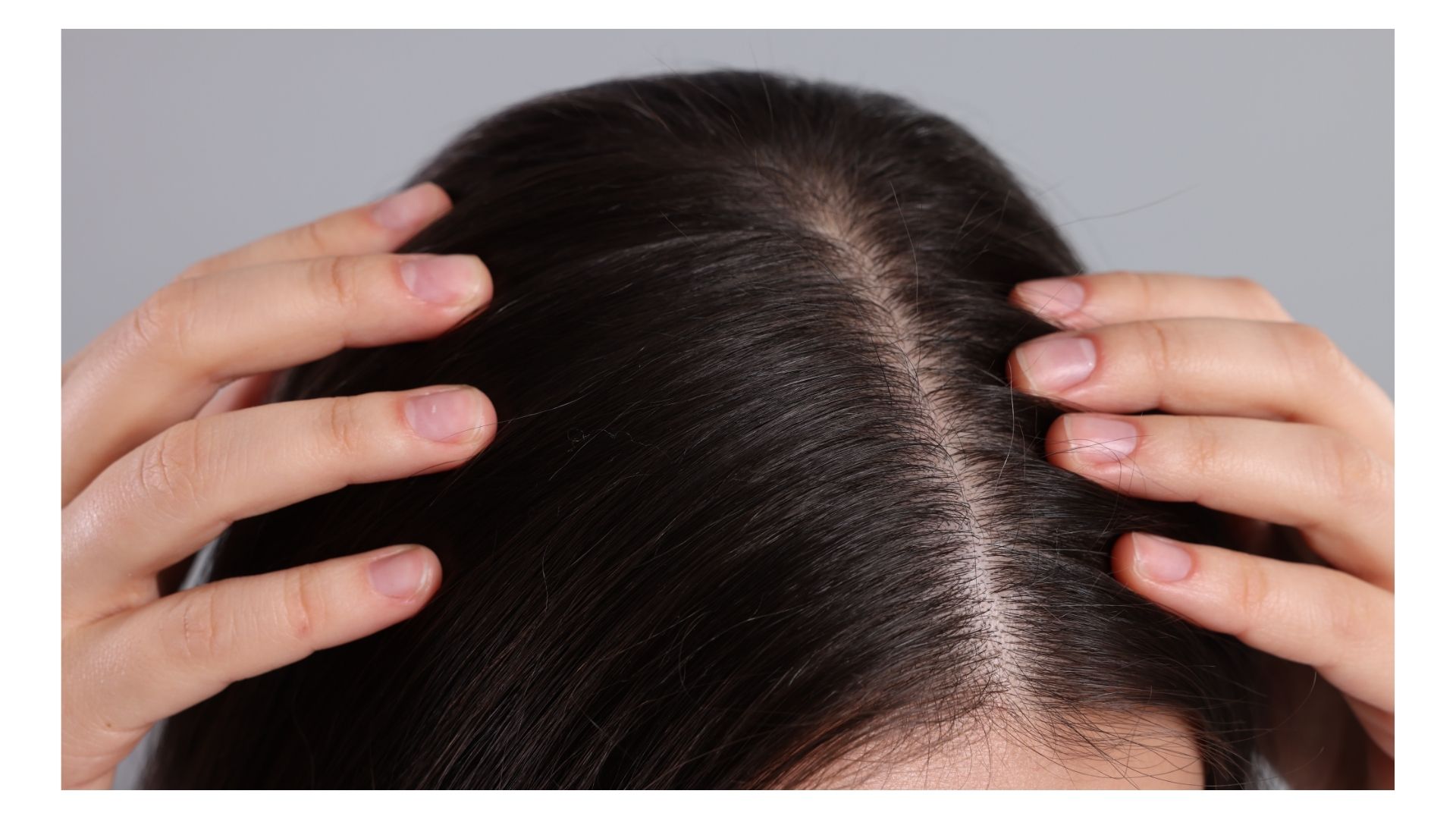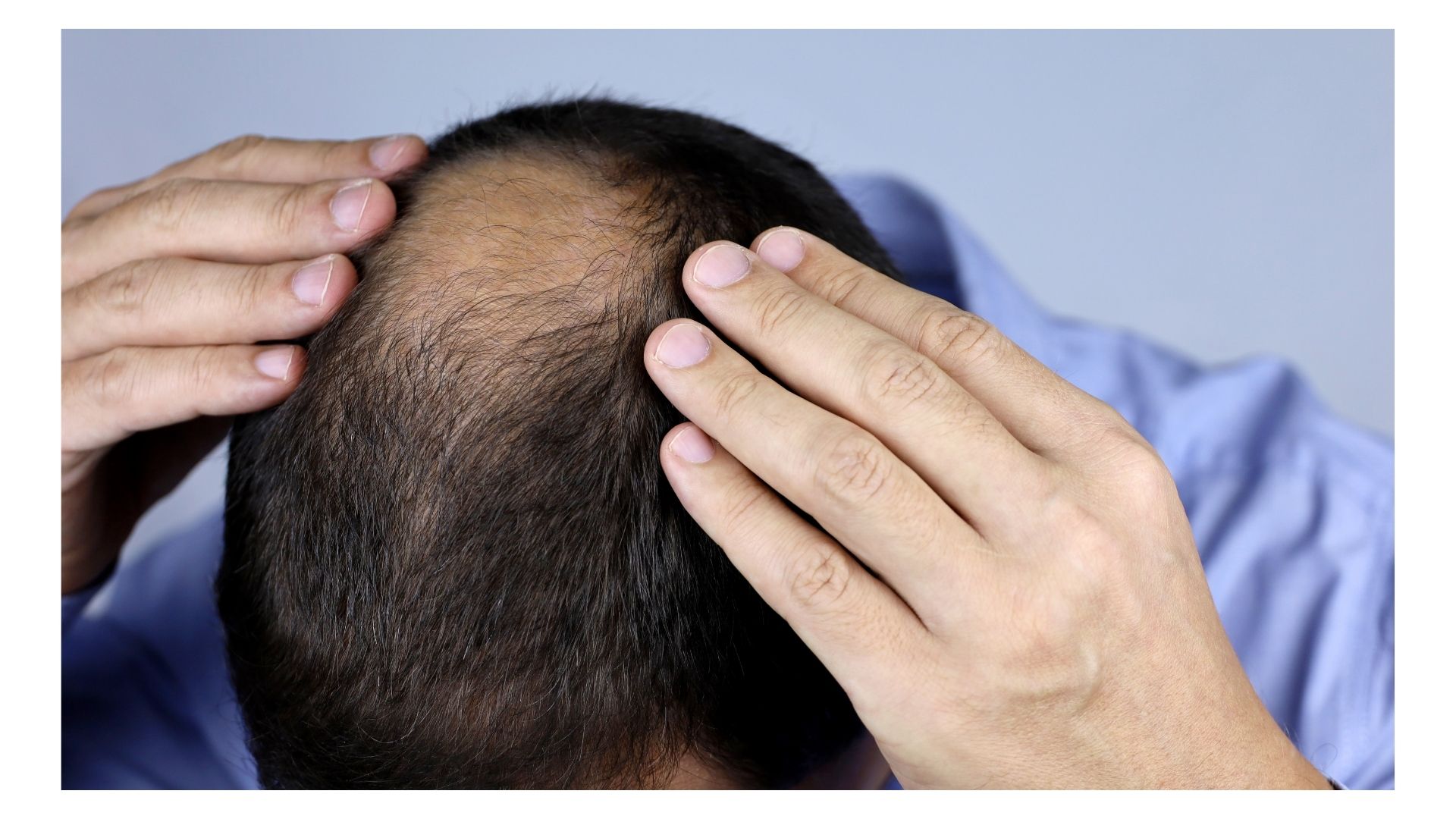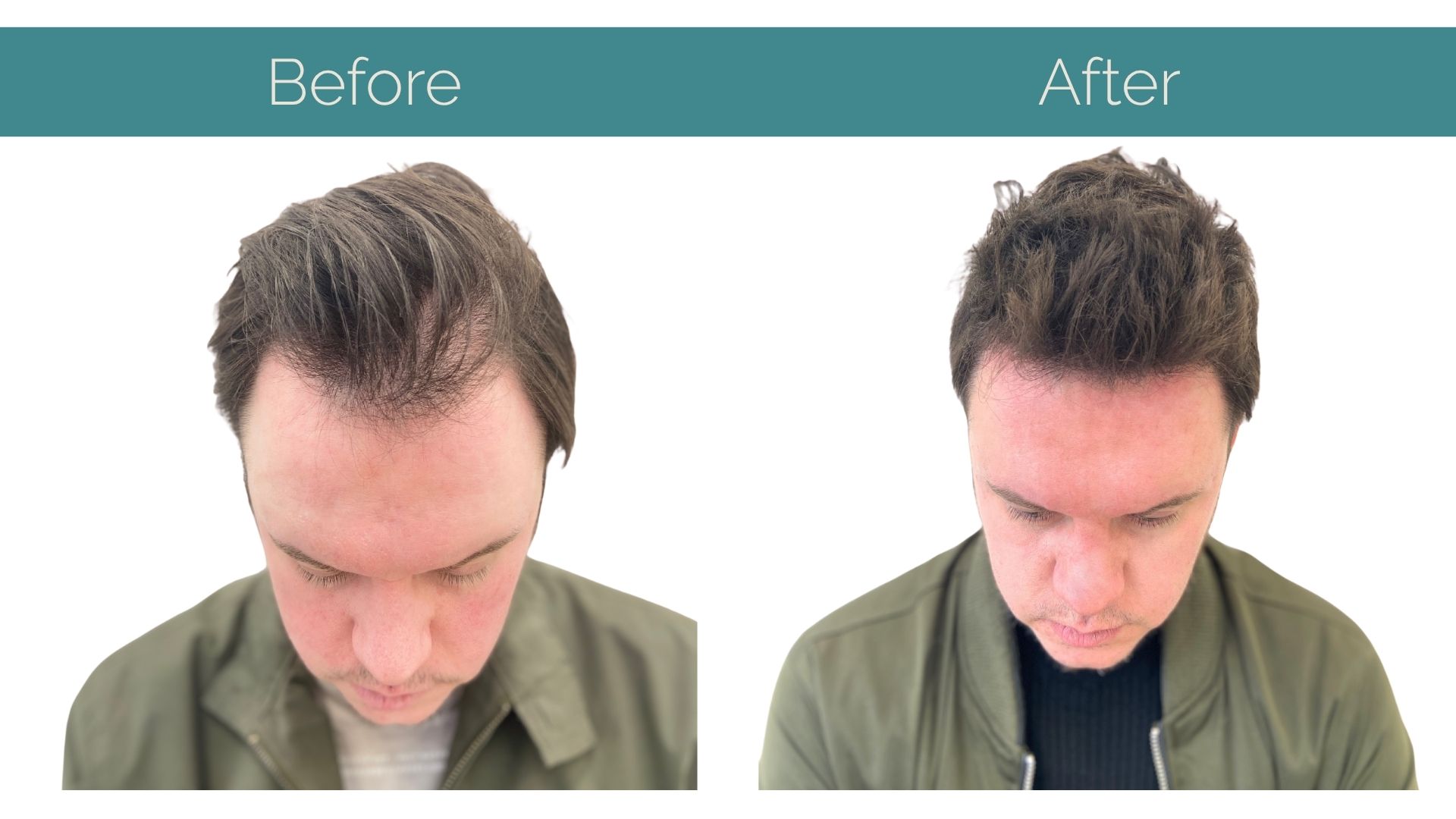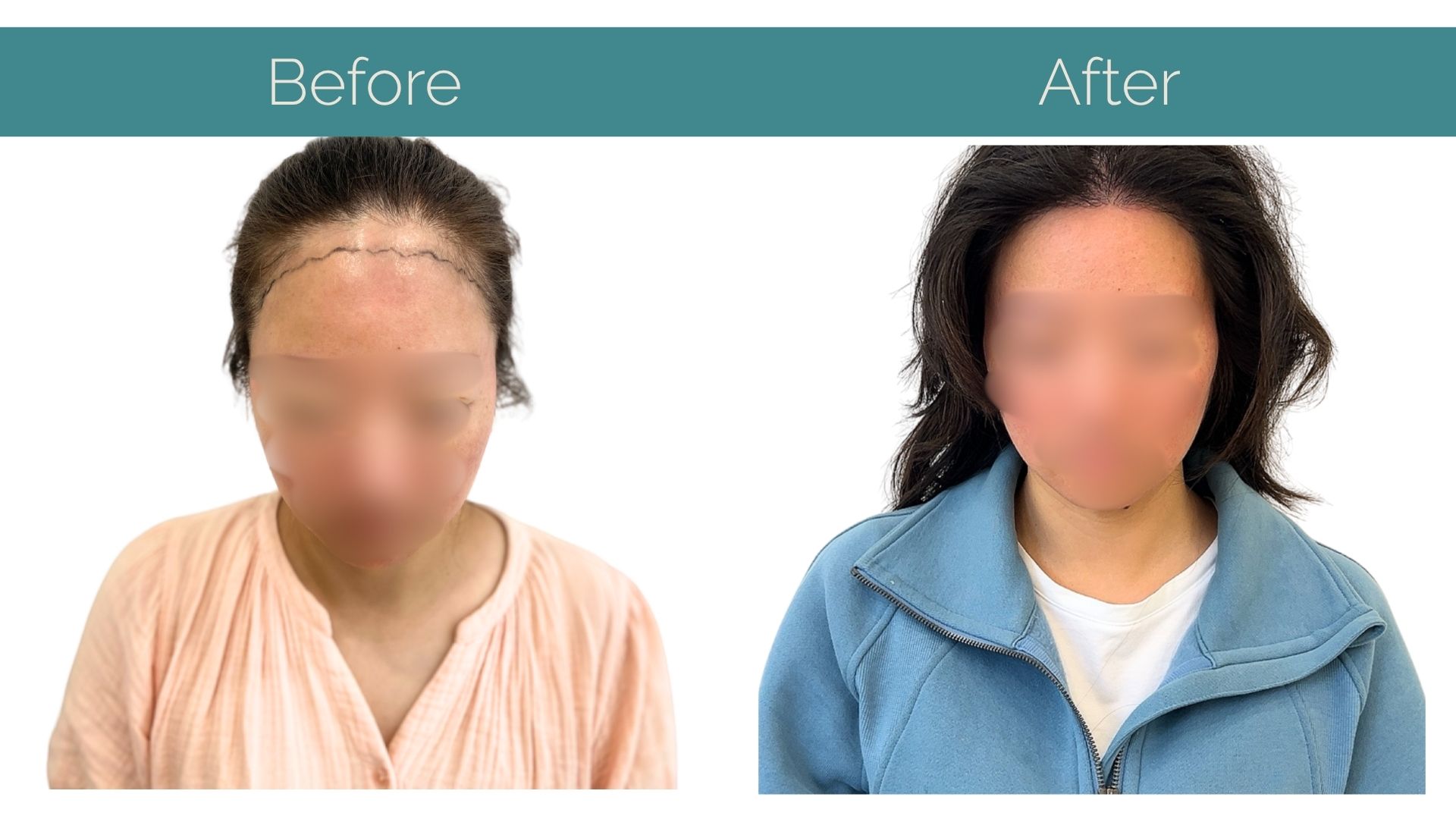However it begins, hair loss is one of the most common cosmetic and emotional issues affecting people across the world – men and women alike. For many, the moment they spot more hair in the drain than usual, the worry sets in. What’s causing it? And is there anything they can do?
Hair loss isn’t just about appearance. It’s deeply tied to our identity, our confidence, and our emotional well-being. Yet, the causes are often misunderstood.
In this feature, we explore the leading culprits behind hair loss and why it doesn’t play favourites between genders.
Genetics: When It’s Written in Your DNA
For a large number of people, hair loss is inherited – passed down from one generation to the next like an unwanted family heirloom. Genetic hair loss, also known as androgenetic alopecia, is the most common cause in both men and women.
In men, it often takes the form of male pattern baldness, which begins with a receding hairline or thinning at the crown. Over time, this may progress to more extensive baldness.
In contrast, women tend to experience a more diffused thinning across the scalp, most noticeably around the parting. It rarely leads to complete baldness, but it can be just as emotionally distressing.
This kind of hair loss tends to follow a predictable pattern, and while you can’t change your genetics, understanding them can guide the best treatment options.

Hormones: The Quiet Disruptors
Hormones are powerful messengers in the body – and when they fluctuate, your hair often pays the price.
For women, hormonal changes are a frequent cause of hair thinning, particularly during pregnancy, post-partum, menopause, or due to medical conditions such as polycystic ovary syndrome (PCOS).
Post-pregnancy hair loss, for instance, is extremely common and usually temporary. The body’s oestrogen levels, which were elevated during pregnancy and helped keep hair in the growing phase, suddenly drop after childbirth, leading to noticeable shedding.
Men, on the other hand, often experience hormone-related hair loss due to a compound called dihydrotestosterone (DHT), which is derived from testosterone. DHT causes hair follicles to shrink gradually, making them less productive until they stop growing hair altogether. This process is slow but relentless unless addressed early.
Stress: When the Mind Impacts the Mane
If you’ve ever gone through a particularly intense period in your life – bereavement, illness, a demanding job – you may have noticed more hair falling out than usual. Stress-related hair loss, medically known as telogen effluvium, is your body’s way of coping with overwhelming strain.
During a stressful event, the body diverts its energy away from hair growth. As a result, many hairs prematurely enter the shedding phase, often three months after the trigger. While this kind of hair loss is usually temporary, ongoing stress can lead to long-term thinning.
Both men and women are equally susceptible to stress-related hair loss. Fortunately, as the stress levels drop and your body recovers, the hair usually begins to grow back naturally. Still, it’s a clear reminder of the powerful link between mental health and physical appearance.
Nutrition: Your Diet, Your Hair
Hair is one of the first places where signs of poor nutrition show up. Without a steady supply of essential vitamins and minerals, your strands may become weaker, thinner, and more likely to fall out.
Iron deficiency is one of the biggest dietary culprits, particularly among women. Others include low levels of vitamin D, zinc, and biotin (vitamin B7). These nutrients play critical roles in cell turnover, hair follicle function, and overall scalp health.
A diet lacking in protein or healthy fats can also impact hair quality. If your body isn’t nourished, your hair won’t be either. Thankfully, this is one of the most reversible causes of hair loss – eating a more balanced diet, or taking doctor-recommended supplements, can often restore strength and shine.

Different Genders, Different Patterns
Though the causes of hair loss are often similar for men and women, the way it presents can be quite different.
Men typically experience a distinct pattern of loss: it begins at the temples or crown and gradually expands, sometimes resulting in full baldness. This is often due to genetic factors and DHT sensitivity.
Society tends to normalise male baldness more, though it can still impact confidence.
Women, in contrast, tend to see a general thinning across the scalp, rather than bald patches. The part line often widens, and the volume noticeably reduces.
Because female baldness isn’t as culturally accepted, the psychological toll can be more severe. Women may feel shame, embarrassment, or frustration – especially when hair is closely tied to femininity and self-image.
What to Do If You’re Losing Hair
The first step is recognising that you’re not alone – and you’re not powerless. Modern hair restoration offers a range of effective solutions.
For some, simple lifestyle changes and a better diet may be enough. For others, professional treatments like topical minoxidil, DHT blockers, platelet-rich plasma therapy (PRP), or even hair transplants can offer promising results.
Seeking advice from a professional clinic, such as IK Clinics, is a smart move. They can assess your individual case, identify the root cause of your hair loss, and recommend treatments tailored to your needs and goals.

In Summary: Hair Loss Is Complex, But Treatable
Hair loss affects both men and women, sometimes differently, but always personally. Whether caused by genetics, hormones, stress, or diet, it can leave individuals feeling anxious and unsure of what to do next.
The reassuring truth? With greater awareness, advanced treatment options, and support from professionals, hair loss is no longer something you have to just accept. Instead, it’s something you can understand, manage, and even reverse – with the right care and attention.
So, if you’re noticing changes in your hair, take it seriously, but don’t panic. You’re not alone – and there are real solutions available.
About IK Clinics
At IK Clinics, we’re not afraid to say that we’re proud to lead the way. Our expert team, advanced technology, and commitment to patient care ensure you get the best experience from start to finish.
What’s more, we offer a range of services in hair restoration, like FUE, Stem-cell and Plasma Therapy, along with various anti-aging treatments. Get in touch to find out more or book a consultation.


